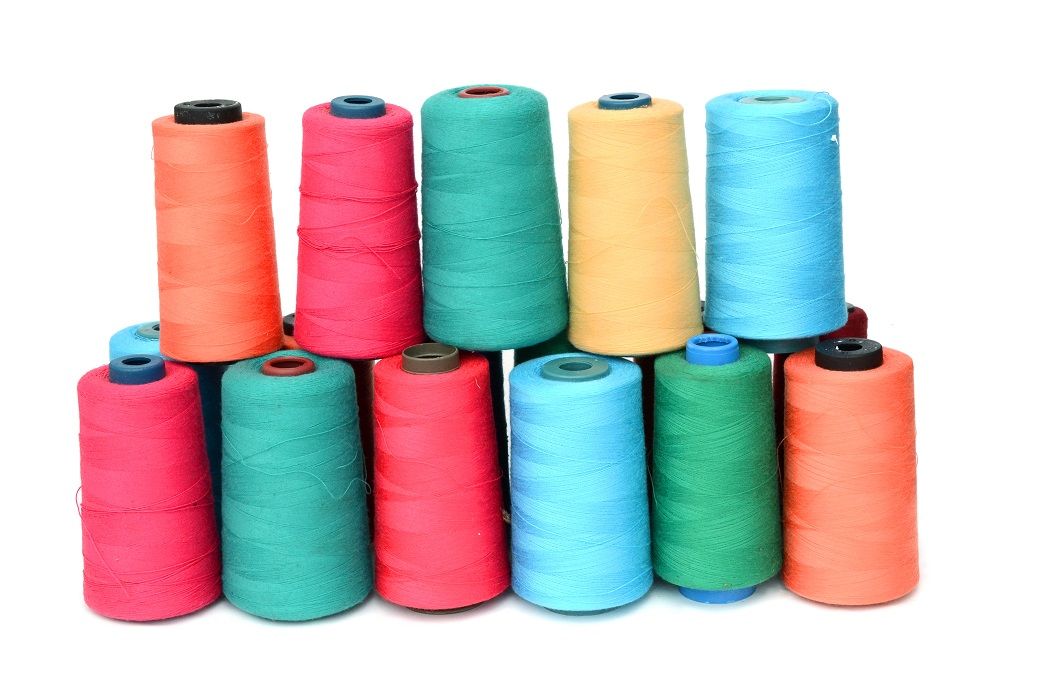
Sidharth Khanna, president of NITMA, has welcomed the government of India’s landmark notifications rescinding multiple QCOs across the MMF value chain. The move has reduced compliance burdens, improved raw material availability, and strengthened the competitiveness of textiles and downstream MSME manufacturers. Among the key inputs freed from QCO mandates is PSF, a critical raw material for the MMF sector.
While commending the step, Khanna, in a letter to the Minister of Commerce and Industry Piyush Goyal, highlighted a long-standing anomaly under the current India–ASEAN FTA framework. He stated that PSF (HS Code 55032000) continues to attract a Basic Customs Duty (BCD) of 5.5 per cent, whereas the finished product PSY (HS Code 55092100) enters the country duty-free. This inverted duty structure severely impacts the competitiveness of Indian manufacturers, making domestic mills uncompetitive against global peers.
As a direct consequence of this inverted duty regime, imports of PSY have surged from 8.4 million kg in 2010–11 to 82 million kg in 2022–23 following the signing of the FTA. Although the Director General of Trade Remedies (DGTR) recommended an anti-dumping duty (ADD) in August 2021, the proposal was not accepted by the Ministry of Finance, leaving the issue unresolved.
India currently has more than 150 active PSY manufacturers, with an additional 500 units capable of switching to PSY production if market conditions improve. Khanna stated that correcting the duty anomaly would restore fair competition, revive dormant capacity, and generate employment for lakhs of workers across the textile value chain.
NITMA has requested that in the revised AITIGA, PSF and PSY must be treated at par, either included together or excluded together, to ensure fairness and consistency.
Correcting this anomaly, Khanna concluded, will strengthen India’s position as a global textile leader, provide relief to domestic manufacturers, and directly contribute to achieving the goal of $350 billion in industry size by 2030, including $100 billion in textile exports.
ALCHEMPro News Desk (KUL)
Receive daily prices and market insights straight to your inbox. Subscribe to AlchemPro Weekly!